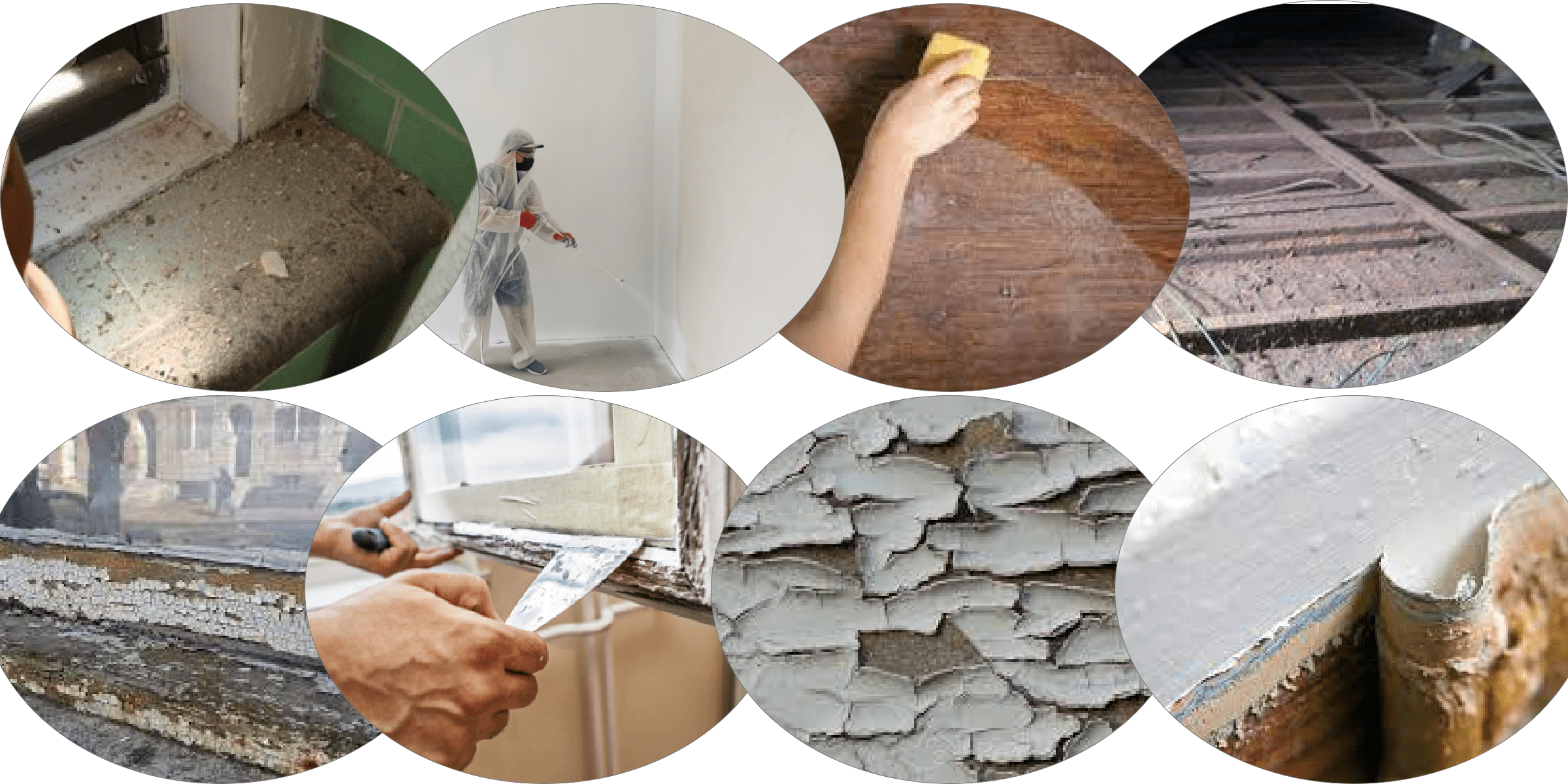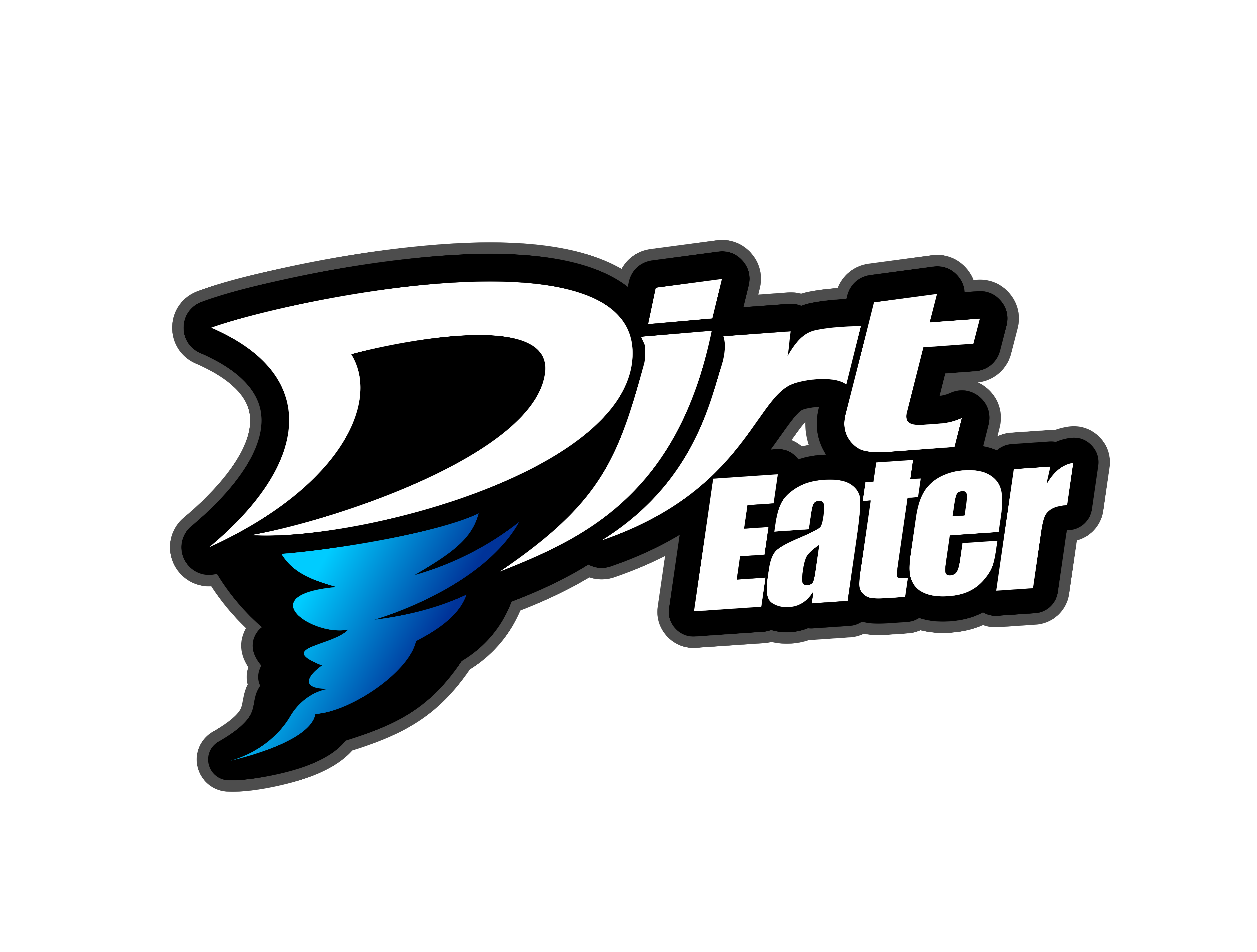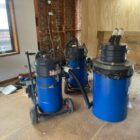A commercial vacuum cleaner is a valuable investment for any business, and it’s important to choose one that will be effective at keeping your floors clean. But with so many options on the market, how do you know which vacuum is right for your business?
In this guide, we’ll walk through the factors to consider when buying a commercial vacuum cleaner. The first thing to look at is the type of vacuum you want. There are three main categories: wet/dry, air-only, and bagless cyclonic. Each type has its benefits and drawbacks, and it’s important to choose the one that will work best for your business. We’ll go over each type below.

Power Source
There are two options for power sources: electric and gas. The electric option is cheaper, quieter, and easier to use because you can plug it into any outlet. Gas-powered vacuums have more power and a longer cord (they’re usually 15 feet long). They also tend to be heavier and louder than electric vacuums
Durability
You will want to look for a commercial vacuum cleaner that is made of high-quality materials and is built to last. The life of your commercial vacuum cleaner depends on the quality of the components and how they are assembled.
A commercial vacuum cleaner that is durable can be used in different environments without breaking down. It will not break down easily or malfunction when it is used for different types of cleaning jobs. A durable commercial vacuum cleaner can withstand heavy workloads, harsh conditions, and long hours of continuous operation daily without having any problems.
Durability does not mean that it has to be expensive; you can find affordable products with great durability if you know where to look for them. However, don’t expect any product with low price tags to be durable because more often than not these products are cheaply made with inferior materials which results in short product life spans.
Filter
Filters are critical to the longevity of any vacuum cleaner, so it’s important to choose one that will suit your specific needs. The most common types of filters are HEPA, foam, and paper.
- HEPA filters: These filters trap 99.97% of particles down to 0.3 microns in diameter. They are good for homes with pets or people who suffer from allergies. The only downside is that they need frequent replacement, so be sure you have a viable replacement plan before purchasing this type of filter!
- Foam filters: These trap dust mites, pollen, and other allergens without removing them from the air like HEPA filters do (which can lead to re-exposure). Foam filters are also easy to clean and replace if necessary—just make sure you buy an extra one when buying your first vacuum cleaner with a foam filter!
- Paper Filters: These capture large particulates like dirt, pet dander, and food crumbs while letting smaller ones smoke through without having much impact on airflow velocity or suction power (unlike other types).
Performance
A commercial vacuum cleaner should be able to provide the highest performance possible. Performance means power, suction, capacity, filters, and noise level. Let’s go over each of these factors individually:
- Power: The more powerful the motor in a vacuum cleaner is the better it will be at extracting dirt from carpets and floors. A high voltage motor can deliver higher revolutions per minute (RPMs) meaning that your machine will pick up dirt faster than one with a lower voltage motor.
- Suction: The higher the suction of your machine is also important because this means that there is greater airflow through its vents which results in stronger suction power on surfaces such as carpeting or rugs since they tend to trap more dust particles than hardwood floors do. If you have pets then you may want a model with very high suction so that pet hair does not become embedded into their fur which could lead them to get sick from ingesting it later on in their lives! You might also want something like this if kids play around inside your home often too – especially if they are messy eaters who drop food everywhere like spaghetti noodles onto kitchen floors all day long!
- Capacity: When purchasing any type of product such as a floor mower or lawnmower blade attachment kit (which I did once upon entering college), consumers must consider how many square feet it’s going
Cleaning Path
The cleaning path is the distance between the two walls of the suction head. It’s measured in inches, and it determines how much space you can clean in one pass. A larger cleaning path is better, but make sure that your cleaning area is also wide enough for your vacuum cleaner to fit through—if not, you may have to do multiple passes to get everything clean.
For example: if your shop has an aisle with some shelving on both sides and a doorway at the end, then it would be best to choose a commercial vacuum cleaner with at least 38-inch cleaning paths so that you can clean all three surfaces in one go without having to stop and move around frequently.
Noise Level
Noise level: it’s a question of personal preference, but you should consider your needs before making a final decision. If you’re in an area with many people, quietness is very important. Vacuum cleaners can be noisy due to their suction power and the motor that runs them. So if you need something that isn’t disruptive or distracting while working on your floors, look for one with lower decibels (the unit used to measure sound).
A quieter vacuum cleaner will also be easier to use because it won’t distract or annoy other people in the same room as you are working on your task at hand.
Commercial vacuum attachments and accessories
There are a few attachments and accessories that you should consider purchasing with your commercial vacuum. These include:
- Vacuum attachments. These include the floor nozzle, wall nozzle, and extension wand. The floor nozzle is used to clean floors while the wall nozzle is used to clean walls or high places that are hard to reach
- Vacuum accessories like a crevice tool, upholstery tool, dusting brush, and duster for cleaning parts of furniture such as lampshades or ceiling fans

Ease of use and maintenance
You will want to look at how easy it is to use and maintain. Your commercial vacuum cleaner must be as simple as possible, so you don’t have to spend time figuring out how to turn it on and off, or how to operate the controls. If you can, test drive the product before purchasing it.
It also helps if the vacuum cleaner has washable filters that can be easily cleaned by hand or machine washing (if applicable). The last thing you want is an expensive machine that requires professional maintenance every few weeks!
Price. We don’t recommend penny-pinching when it comes to buying a commercial vacuum, but that doesn’t mean you need to spend a huge amount of money. While our top picks cost several hundred pounds, there are some excellent models available for less than £100.
Capacity. Many domestic vacuums have very small capacities. For cordless models, it’s not uncommon to see dust canisters with a volume of fewer than 0.5 liters. This is fine for home cleaning, but commercial cleaning requires larger capacities – otherwise, you’ll spend a lot of time emptying the machine.
Summary
Sometimes a regular vacuum just won’t cut it – and in these situations, you need an industrial vacuum. While industrial or commercial vacs often don’t come with convenient features, they are powerful, rugged, and able to remove plenty of dust and dirt from carpets and hard floors. Many are also wet and dry vacuums, meaning you can tackle a wide variety of jobs.







